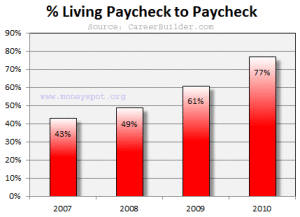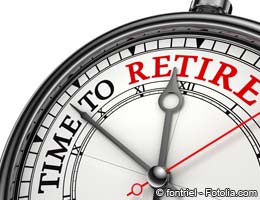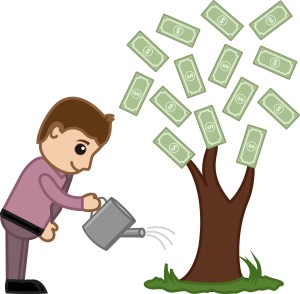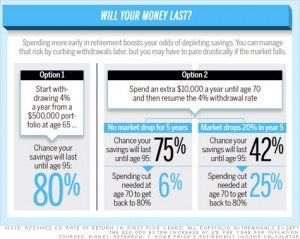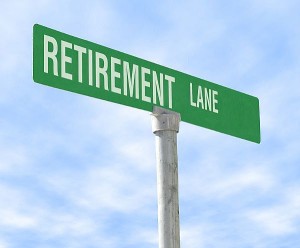 A recent poll released by one of the big Canadian banks, CIBC, indicates that a large percentage of Canadians are not financially prepared for their retirement! This may come as a surprise to many people in the US who have the impression that Canadians are conservative savers and have a sound banking system. We may have the banking system but many of us have not taken advantage of everything we should have done over the years and now face a retirement that is going to be less than what we thought or planned for.
A recent poll released by one of the big Canadian banks, CIBC, indicates that a large percentage of Canadians are not financially prepared for their retirement! This may come as a surprise to many people in the US who have the impression that Canadians are conservative savers and have a sound banking system. We may have the banking system but many of us have not taken advantage of everything we should have done over the years and now face a retirement that is going to be less than what we thought or planned for.
Not Saving Enough for Retirement
Key findings of the poll by CIBC include: 44 percent of all Canadians say they are not financially prepared for their retirement. Also among Baby boomers at the leading edge of the boom (aged 55-64), 31 percent say they do not feel financially prepared for retirement. Are Americans in a similar situation? Most likely and probably worse if you listen to all of the news reports!
Having a Plan Improves Your Optimism
A lot of people have their heads in the sand because they are afraid to find out just how bad their situation is relative to retirement. They are afraid of what a plan will tell them so they simply do not want to know. The reality is actually far from the truth. Although your situation may not be great, finding out exactly where you are at financially with respect to retirement can be enlightening and helpful. At the very minimum, you will find out exactly what you need to do to get into a better place with respect to saving enough for retirement.
The same poll by CIBC found that among Canadians who say they have a long-term investment plan for retirement, 76 percent say they are financially prepared for retirement, versus just 25 percent among those who don’t have a plan. That is very significant! Having a plan lets you set goals to help you get to were you need to be financially and helps you meet those goals as well
Plan all Year Long, Not just at Tax Time
Reviewing your plan at tax time is better than not having a plan at all. However, you really should sit down with your spouse. Review your retirement plan several times a year. Update assumptions about your retirement. If there are changes update your plan with current values so that you are never surprised. Another advantage of updating your plan several times a year is that you can make decisions immediately. Increase savings for retirement during the year instead of at the end of the year when you have lots of other expenses.
Continuing to work during Retirement
This same poll by CIBC indicated that fully 69 % of Canadians who are at the age of 65 or older plan to continue working during retirement. Boomers younger than 65 appear to have accepted the reality that they will need to work past 65 to maintain the lifestyle they need for retirement. If they have not saved enough for retirement, this is really the only option they have.
If you are not yet 65 or have retired, now is the time to complete an assessment of your finances. Take steps to at least make your retirement as comfortable as possible. Here are a couple of steps to take if you feel that you are not saving enough for retirement or do not know if you have enough for retirement.
- Meet with an Adviser
- Build your plan or Review your Retirement Strategy
- Contribute regularly to a retirement savings plan:
- Manage and Track Day to Day Spending against a budget
- Prepare for the Unexpected i.e. have an emergency fund
Not Saving Enough for Retirement: Get Active Today
The steps above are pretty basic and easy to follow with the help of an adviser. Are you are laying in bed awake at night losing sleep? Will be ok financially in retirement. Take action now and get started. List all of your assets of every kind. List all of your anticipated income from all sources. Assemble all of your day to day budgeted expenses and finally include any special expenses you may have. This includes major repairs to the house, a new car, travel, and also health-related issues.
Once you have this information together, talk to a financial adviser. Speak to one, who is willing to help you answer the questions you have. Of course, in return, he or she is going to want you to place your investments with him. This is ok, provided you are getting the assistance you need. Any adviser who is only interested in helping you with investments is not really an adviser. Instead, they are only interested in how much money they can make and not really helping you!
Comments are welcome. If you want a link, provide a meaningful constructive comment that our readers will appreciate.
